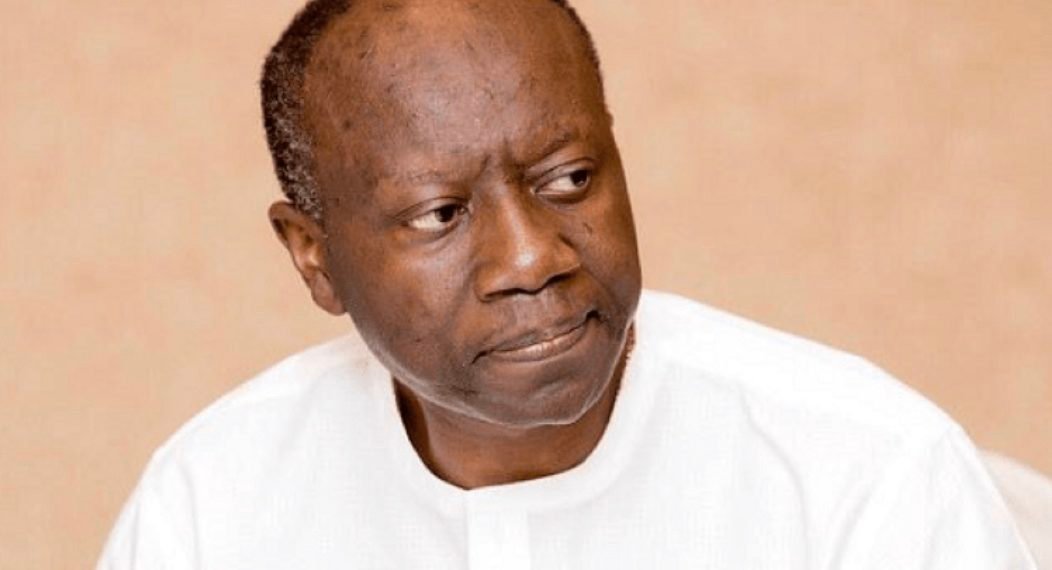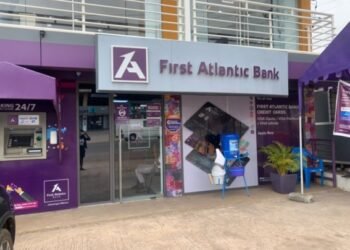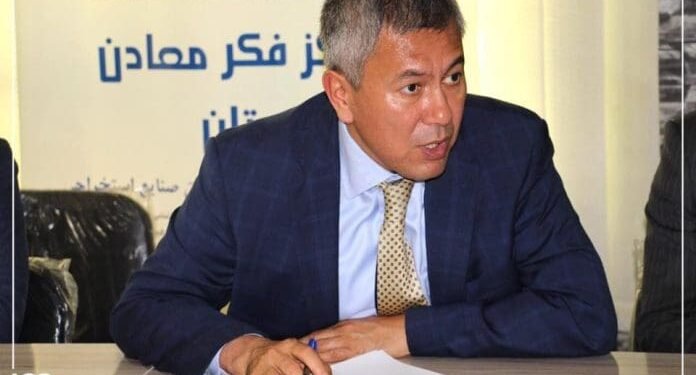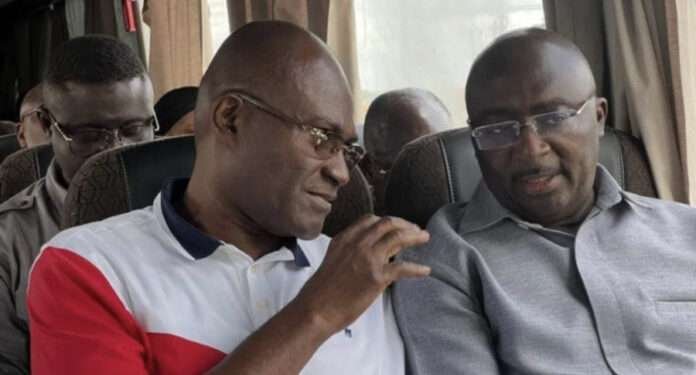The Government of Ghana has revealed its intentions to launch a 2021 International Capital Markets Funding Programme for the medium term as steps taken towards the issuing of bonds for financing projects.
The Ministry of Finance in a recent press statement reiterated the government’s plans to raise up to US$5 billion in bonds on international capital markets next year to “support growth-oriented expenditures in the 2021 Budget”.
These funds will also support the conduct of liability management including “refinancing of domestic debts and a buyback of some selected outstanding Eurobonds,” the Ministry added.
The instruments, however, to be issued under the 2021 International Capital Markets Funding Programme will not be limited to Eurobonds, as has been the routine since Ghana began accessing the international capital market in September 2007.
Detailing the broad group of instruments to be used for financing under the programme, the Ministry opined that this will consist of Eurobonds, Diaspora Bonds, and Sustainable Bonds (such as Green Bonds and Social Bonds) as well as Syndicated Term Loans.
To realise this, the Ministry of Finance requests for qualified and reputable Transaction Advisors who have successfully executed debt transactions specifically in Sub-Saharan Africa for the last five years for the various instruments under the programme adding that “all applicants must separately indicate their willingness (in writing) to provide bridge financing if needed and the quantum, terms and timing thereof”.
Giving insights into the scope of work, the Finance Ministry said the selected Transaction advisors, made up of a Lead Manager and Co-Manager for each instrument will be required to advise, guide and drive the international capital market funding process as well as to assist in the structuring and documentation of the programme.
Other activities to perform include carrying out market sounding through roadshows; engaging with institutional investors and lenders; participating in bridge financing if necessary; ensuring the financial close of the programme and any related assignment principal to the success of the programme.
The Finance Ministry further disclosed that Trade Advisors may have to work with other professionals such as Legal Counsel and Local Advisors to “assist in the execution of the programme where necessary”.
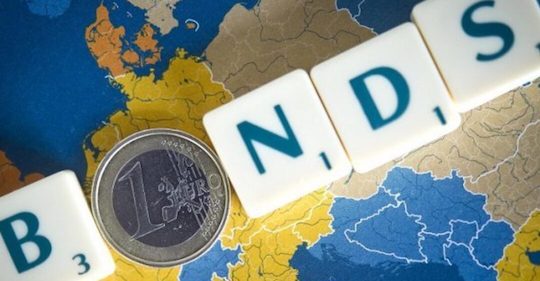
“The aforementioned tasks are intended only as a guide and should, therefore, not be taken as exhaustive,” the Ministry cautioned.
Ghana’s public debt to Gross Domestic Product (GDP) ratio has soared to 71 percent by the end of October, occasioning alerts from the International Monetary Fund (IMF) that the heightened debt levels if not dealt with may become unsustainable going forward. As such, most of the funds to be raised from the international capital market in 2021 is for refinancing of existing debt.
Acting in time, the Government anticipates that it could take advantage of the current low interest rate regime for dollar denominated bonds, brought about by monetary easing in response to the global economic challenges arising from coronavirus pandemic, to reduce its debt servicing costs.

